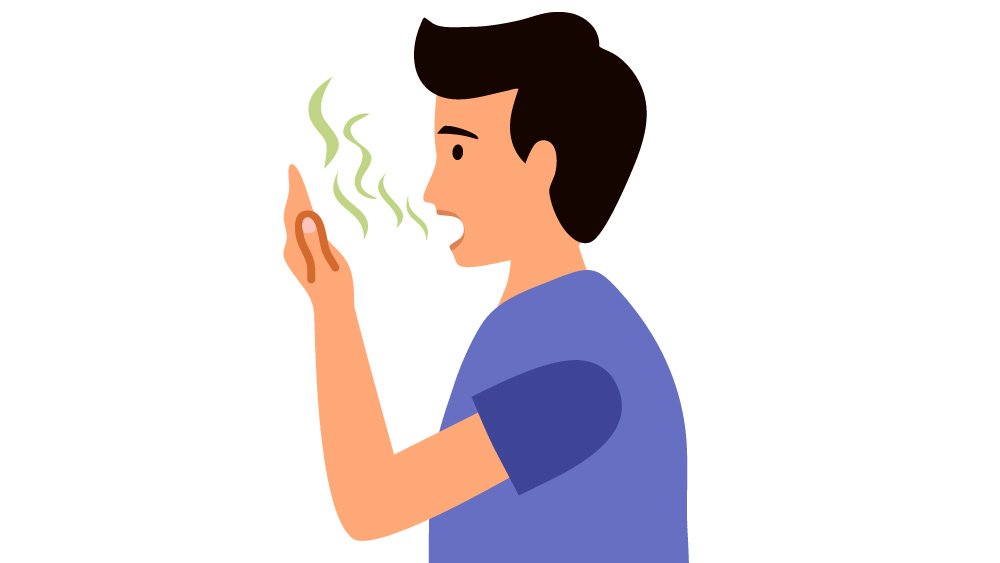As the global population continues to age, the quest for longevity and healthy aging has become more important than ever. Living a long life is not just about adding years but ensuring those years are lived with vitality, health, and happiness. Research shows that adopting certain lifestyle changes can promote both longevity and improved quality of life in old age. This article explores the key strategies to achieve healthy aging and increase longevity, including the power of nutrition, exercise, mental well-being, and modern medicine.
The Power of Nutrition for Longevity
One of the most important factors for living a long and healthy life is proper nutrition. Numerous studies indicate that diets rich in fruits, vegetables, whole grains, lean proteins, and healthy fats can significantly reduce the risk of chronic diseases, including heart disease, diabetes, and cancer. Specific eating patterns like the Mediterranean diet, which is high in healthy fats such as olive oil and includes a variety of plant-based foods, have been linked to a reduced risk of heart disease and increased life expectancy.
Key Nutritional Tips for Healthy Aging:
- Eat a Plant-Based Diet: Focus on eating whole, unprocessed foods such as leafy greens, legumes, nuts, and seeds. These provide antioxidants, vitamins, and minerals that support cellular health.
- Limit Processed Foods: Processed foods high in sugar, salt, and unhealthy fats can accelerate aging and lead to chronic health problems.
- Stay Hydrated: Drinking plenty of water helps maintain skin elasticity, supports digestion, and keeps the body functioning efficiently.
Regular Exercise for a Longer Life
Physical activity plays a crucial role in promoting both longevity and healthy aging. Regular exercise helps maintain muscle mass, strengthens bones, improves cardiovascular health, and reduces the risk of age-related diseases. Incorporating activities such as walking, swimming, yoga, and strength training into your daily routine can significantly enhance physical well-being.
In fact, studies show that people who engage in moderate exercise for at least 30 minutes a day, five days a week, can extend their life expectancy by several years. Exercise also improves mental health, reducing the risk of cognitive decline and conditions like Alzheimer’s disease.
Types of Exercise for Longevity:
- Cardiovascular Exercise: Activities like brisk walking, running, or cycling strengthen the heart and lungs.
- Strength Training: Lifting weights or using resistance bands helps maintain muscle mass and bone density, which often decline with age.
- Flexibility and Balance Exercises: Yoga and Pilates improve balance and flexibility, helping to prevent falls in older adults.
Mental Health and Cognitive Function
Mental health and cognitive function are just as important as physical health when it comes to aging well. Engaging in mentally stimulating activities, maintaining social connections, and managing stress can all contribute to a healthier, longer life. Research suggests that keeping the mind active through reading, puzzles, or learning new skills can help protect against cognitive decline.
Tips for Promoting Cognitive Health:
- Stay Socially Engaged: Maintaining friendships and participating in community activities helps ward off feelings of isolation and depression.
- Mindfulness and Meditation: Practices that reduce stress, such as meditation and deep breathing, can improve mental clarity and reduce the negative impacts of aging on the brain.
- Lifelong Learning: Continuing to learn and challenge the brain helps to keep cognitive functions sharp.
Medical Advancements and Healthy Aging
In addition to lifestyle choices, advancements in medicine are playing an increasingly significant role in promoting healthy aging. Innovations in medical technology, personalized medicine, and preventive healthcare are helping people live longer and better-quality lives.
Preventive Healthcare: Regular health checkups, screenings for age-related diseases, and vaccinations can detect potential health issues early, improving treatment outcomes. Modern medicine offers various treatments for age-related conditions such as hypertension, osteoporosis, and vision impairment, allowing individuals to maintain their independence and quality of life well into old age.
Genetic Research and Anti-Aging Therapies: Scientists are continuously researching the genetic factors that contribute to longevity. Emerging treatments, including telomere therapies and anti-aging drugs, hold promise for extending life expectancy and improving health in older adults.
Conclusion
Longevity and healthy aging are achievable goals that depend on a holistic approach, including proper nutrition, regular physical activity, mental well-being, and preventive healthcare. By making mindful lifestyle choices, individuals can enjoy not only longer lives but also healthier and more fulfilling years. With continued advancements in science and medicine, the future looks promising for enhancing the quality of life as we age.





